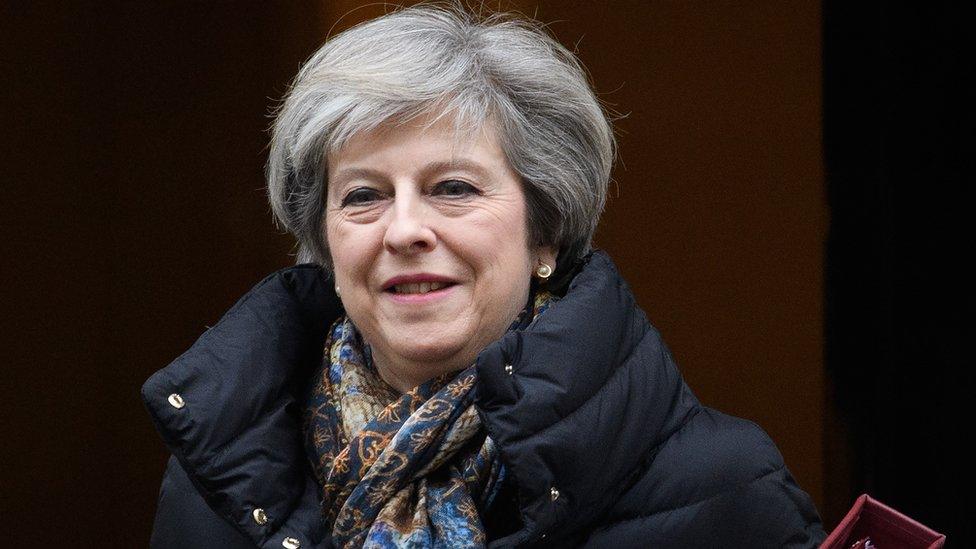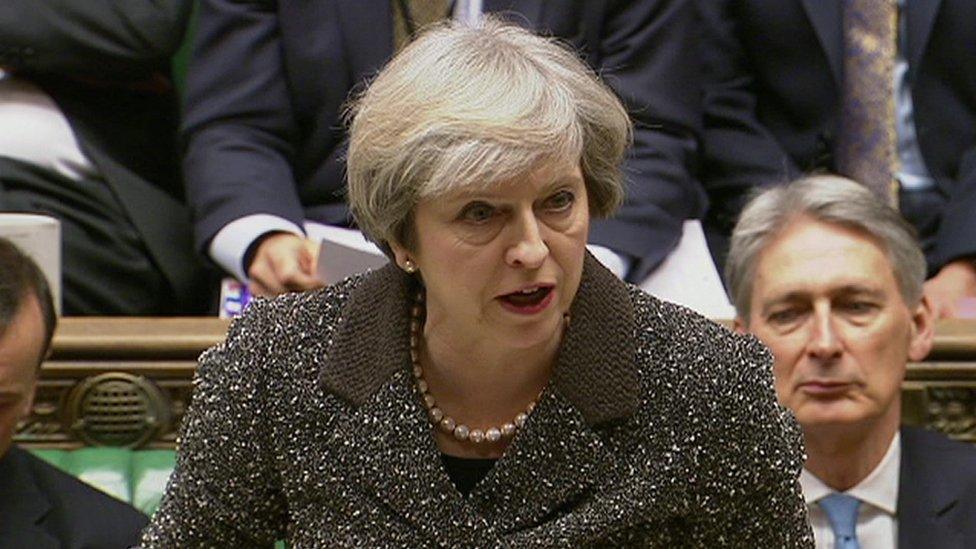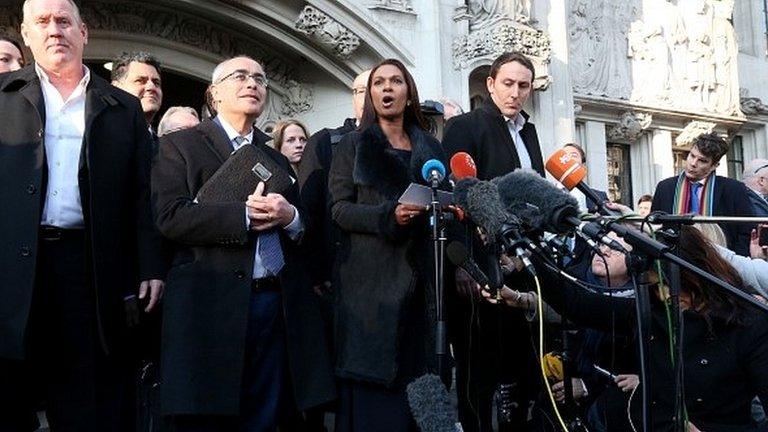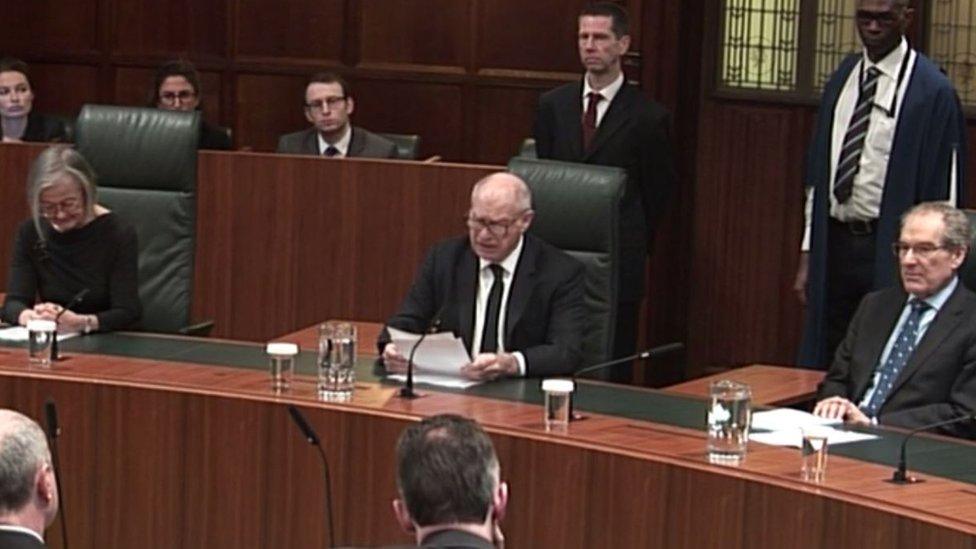Brexit: Labour tensions as Article 50 bill published
- Published
- comments

A shadow minister has quit Labour's front bench after being told to back legislation paving the way for the UK's departure from the EU.
Tulip Siddiq said she "cannot reconcile myself to the front-bench position".
Jeremy Corbyn has imposed a three-line whip on his MPs, telling them to back the newly-published bill.
The European Union (Notification of Withdrawal) Bill, external has been produced after the Supreme Court ruled legislation would be necessary.
In her resignation letter to Mr Corbyn, Ms Siddiq, who had been an early years minister, said: "Leaving the European Union presents enormous uncertainty for my constituents, with most believing that the disadvantages of leaving outweigh any potential benefits."
Despite reports he might rebel, Shadow Business Secretary Clive Lewis said on Thursday he would back the bill.
But he added: "Labour will seek to amend the Bill to prevent the government using Brexit to trash our rights, public services, jobs and living standards while cutting taxes for the wealthiest."
Labour MPs expected to vote against the bill at second reading include former leadership challenger Owen Smith, former culture secretary Ben Bradshaw and Cambridge MP Daniel Zeichner.
Jeremy Corbyn urged his MPs to "unite around the important issues"
Mr Corbyn said Labour MPs would face a three-line whip to vote in favour of the bill.
He said he understood the "pressures and issues" members faced, but called on them to "unite" around "important issues" and "not to block Article 50 but to make sure it goes through next week".
Frontbench members of parties are generally expected to resign from their post if they decided to defy a three-line whip.
Prime Minister Theresa May has promised to begin the formal process of quitting the European Union, under Article 50 of the Lisbon Treaty, by the end of March.
The government was forced to draw up the legislation after losing an appeal at the Supreme Court on Tuesday, when judges ruled that Parliament must give permission to start the Brexit process.
'Separate issues'
The bill is due to be initially debated by MPs on Tuesday - in a sitting that may last until midnight - and clear the Commons on 8 February, after which it will move to the House of Lords.
As well as the bill, on Wednesday Prime Minister Theresa May announced the government would set out more details of its Brexit plans in a formal policy document.

Prime Minister Theresa May announced on Wednesday that a White Paper would be produced on Brexit plans
In the House of Commons, MPs urged Mr Davis to commit to publishing the document, known as a White Paper, before the Article 50 bill legislation had passed through Parliament.
Mr Davis said the question involved "slightly separate issues".
The Article 50 bill, he said, was "about carrying out the will of the British people", adding that the White Paper would be published "as expeditiously as possible".
The Liberal Democrats have vowed to oppose Article 50 unless there is a guarantee of another referendum on the final Brexit deal that is agreed with Brussels, while the SNP has vowed to table 50 amendments to the legislation.
Taking questions from MPs, Mr Davis also said he disagreed with EU Commission chief negotiator Michel Barnier's view that trade talks would have to be handled separately from the Article 50 negotiations.
Such a "sequential approach" would be "not practical", he said, adding that he wanted all negotiations to be completed inside two years.
- Published25 January 2017

- Published24 January 2017

- Published25 January 2017

- Published24 January 2017
